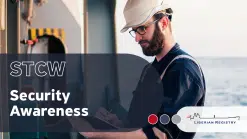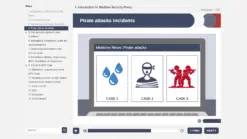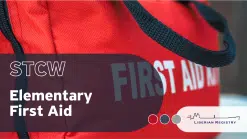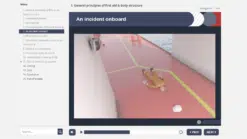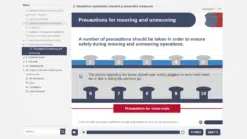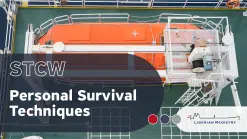Subtotal: €60,00
STCW Designated Security Duties (DSD) online course, A-VI/6-2, Cyprus, EU flag approved
€130,00 tax included
The STCW DSD online course aims to provide the knowledge required for seafarers with designated security duties in connection with a Ship Security Plan (SSP) to perform their duties in accordance with the requirements of Chapter XI-2 of SOLAS 74 as amended, the ISPS Code, and section A-VI/6 of the STCW Code, as amended. Those who successfully complete the course should be able to demonstrate sufficient knowledge to undertake the duties assigned under the SSP.

 Port State Control: AMSA & USCG
Port State Control: AMSA & USCG 
